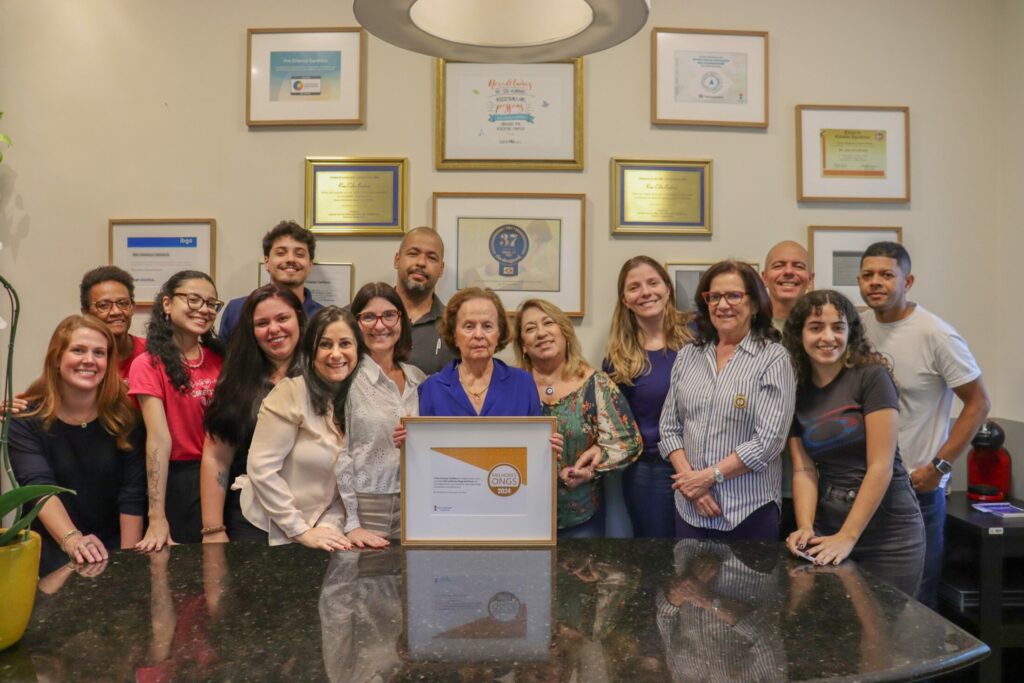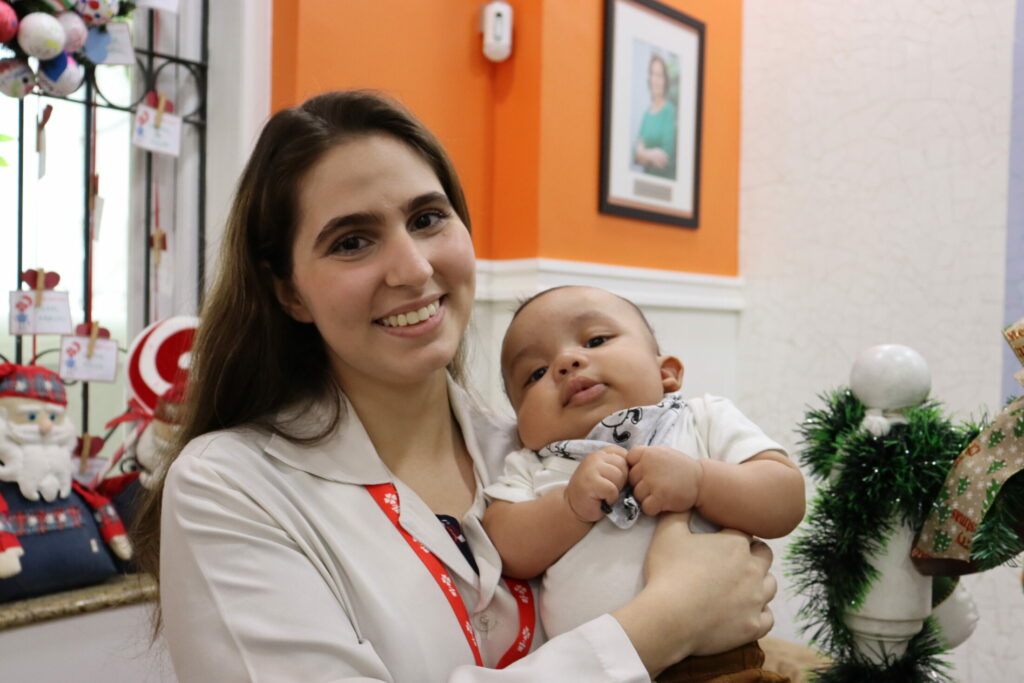Pro Criança is the first NGO in Brazil to adopt a humanized administration system
DIA – Pro Criança is the first NGO in Brazil to adopt a humanized administration system
30/04/2024
NEWSPAPER THE DAY
By Maria Clara Matturo
After 27 years of operation, showing a show of innovation, Instituição Pró Criança Cardiac is the first NGO to adopt a humanized administration model. With people at the center of decision-making, the institution hopes to impact the lives of everyone involved in the project, from the families of the children served to the suppliers, based on three pillars: sustainability, governance and social impact.
The new concept of organization, called ‘humanized governance’, proposes a caring look at everyone who is part of the whole. “There is still an understanding that you cannot prosper while working with a culture of joy and well-being for employees, and this is a myth. It is more advantageous, humanized companies have much higher profits than those that do not practice this approach. Conscious capitalism addresses exactly these factors with a greater purpose, orientation towards people. You look at suppliers, partners and employees with a humanized look of affection. It covers everyone involved with the company, even the shareholders”, explained Luana Lourenço, creator of the concept, who is implementing the new feature at Instituição Pró Criança Cardiac.
The NGO operates exclusively through donations, and cares for children with heart problems. All care, from the outpatient clinic to surgeries and medications, is offered free of charge by the institution, which receives patients through the SUS. The executive director, Mitzy Cremona, said that she has had a completely new experience, even though she has worked at the organization for 12 years: “I’m even excited to talk about it. It has been a very positive surprise, she had no idea what the feedback from employees and partners would be like. We hold a meeting to decide new company policies, for example, where everyone sits together, all hierarchies of the institution. We were already very humanized in caring for families, now we also care for employees.”
Get to work
For those who wish to implement lighter administration in the workplace, consultant Luana Lourenço advises: “the first step is self-knowledge. You can’t tap into the best in people without knowing yourself, and improving our relationship with nature also gives us back the human spirit. It may seem philosophical, but when we look at the research, we can see the results of companies in a sustainable way. Humanized governance is the company’s policies, organizational culture, purpose, vision. All of this needs to be visited and given new meaning.”
Related articles

The 2025 World Top SGOs Are Live

Pro Criança Cardíaca has already secured its registration for the 2025 Best NGOs Award
